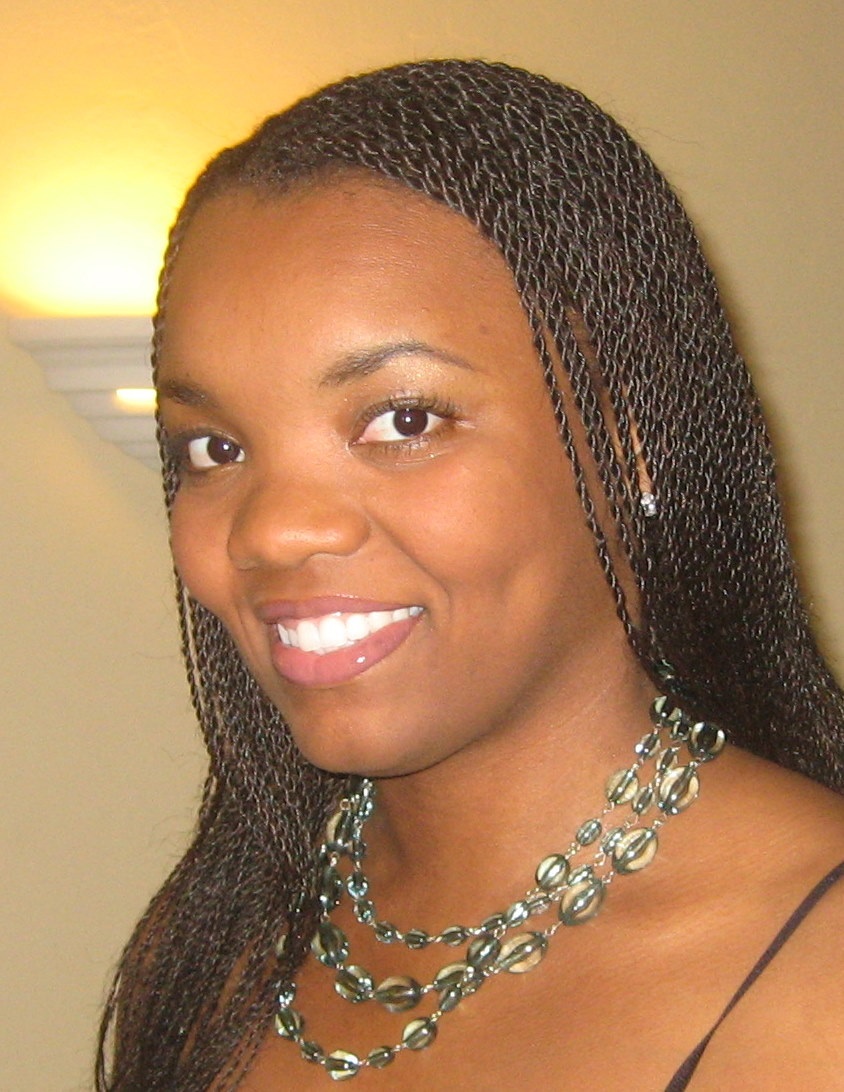As part of our new Expat Interview series, we interview expatriates who are living throughout the world and ask them what it is really like to live in their host country. We already have a number of really interesting interviews lined up with expatriates who have left behind home in the hope of finding an interesting life overseas. Today we meet Deborah David, a Haitian-born expatriate who is currently living in Venezuela with her husband and two children.
Where are you currently living?
Caracas, Venezuela
Where in the world were you born?
Port-au-Prince, Haiti
Why did you move overseas and why did you choose your host country?
My husband is a diplomat and was transferred here.
How long have you been living in your host country?
December will make it 2 years.
Who did you relocate with?
My husband and 2 children.
Was it hard to get a visa for your host country that was appropriate to
your circumstances?
We received our visas pretty easily through the Venezuelan embassy in Haiti, but that might be because they are expedited for diplomats.
What is the medical care like in your host country? Do you need medical
insurance and, if so, how much is it?
You don’t need medical insurance, unless you prefer private care. There are free community clinics all over the place where you can get most basic care. More complicated cases are sent to larger public hospitals. The private system is a little more complicated in that each practice has their own prices, laboratory fees, etc. Overall, I’d say the quality of care of comparable to the US.
How do you make your living in your host country?
My husband is the only one working outside the home right now.
Do you speak the local language and do you think it’s important to speak the local language?
I do speak the local language and I think it’s very important. Although many Venezuelans are happy to try and communicate with you in English, I think when they find out that a foreigner has made the effort to learn the language it’s a plus. Also, there are places where you will not find anyone who speaks anything other than Spanish – like clinics and hospitals.
Are there any local customs, laws or traditions that it is important for potential expatriates to be aware of and adhere to?
I think there’s a huge American influence here, so the customs are not that different. Venezuelans are very warm and friendly, but I haven’t had a huge problem with personal space invasion. Just like Americans, they shake hands when they first meet someone. Eventually, when you become friends they will greet you with a kiss on the cheek. Also, children and the elderly are highly valued and they have priority in most situations.
Do you ever get homesick?
Yes! Although, sometimes I don’t know where home is. The things I miss most about the US is the convenience of everything. The American culture is big on saving time, so all services are provided with that in mind. Here in Venezuela, it’s normal to wait hours for a service, and right when you think you’re about to be served, you wait a couple more hours.
How long do you plan to remain in your host country?
No more than 7 years total.
Have you purchased a property in your host country or do you rent? What is
the cost of housing like in your host country?
We have not purchased, since we don’t have long term plans. The housing market in Caracas is insane in that the prices just keep increasing – they’ve tripled since we’ve been here. A 1,200 sq ft apartment (3 bedrooms, 2.5 bathrooms) can run from $1,200 – $1,500 per month depending on the area. Many owners prefer to be paid in US dollars.
What is the cost of living like in your host country?
I don’t know the exact data, but I would compare it to NYC.
What do you think about the locals?
Like I said, Venezuelans are warm and friendly. They are very quick to offer help if they see you’re in need. The other aspect is that they are always on the run and are sometimes very hard to make plans with…at least that’s what I’ve found.
What are the three things you like the most about your host country?
The ability to walk most places, the family friendly activities available and the weather.
What are the three things you like the least?
The price fluctuations, difficulty in finding common items at the grocery store, and that my friends and family are so far away.
Do you have any tips for our readers about living in your host country? As with any expatriation, you need to leave the expectation that the host country will adjust to your habits behind. It can be a great life here, you just have to make the effort.
If you would like to learn more about Deborah and her life in Venezuela, please check out her blog, Balanced Melting Pot, which charts her adventures as a wife and mother attempting to balance her responsibilities while living overseas.


